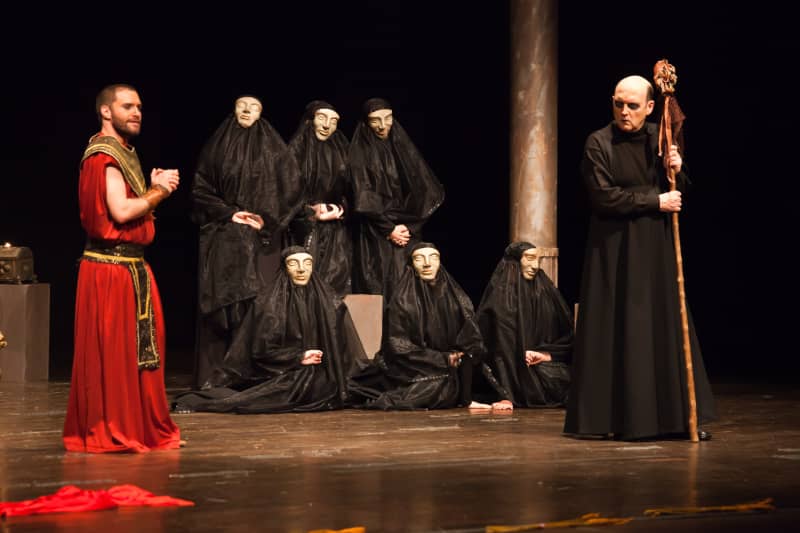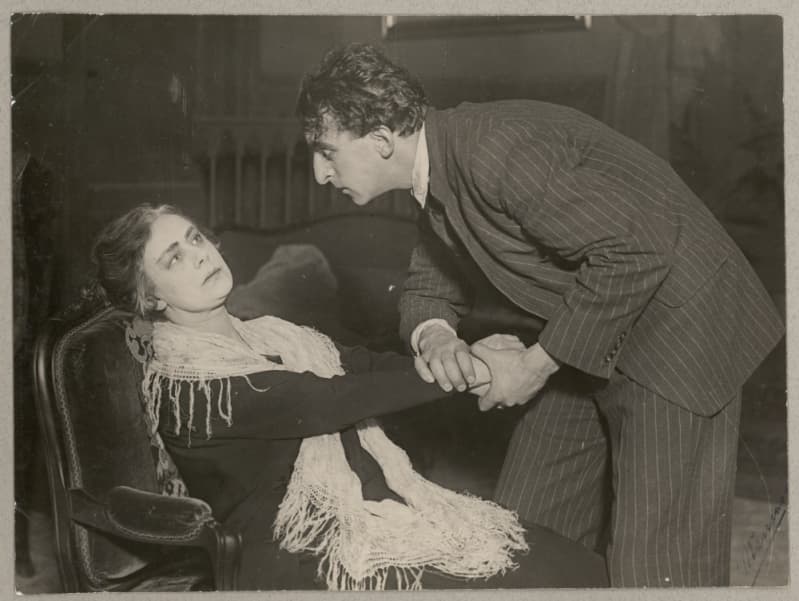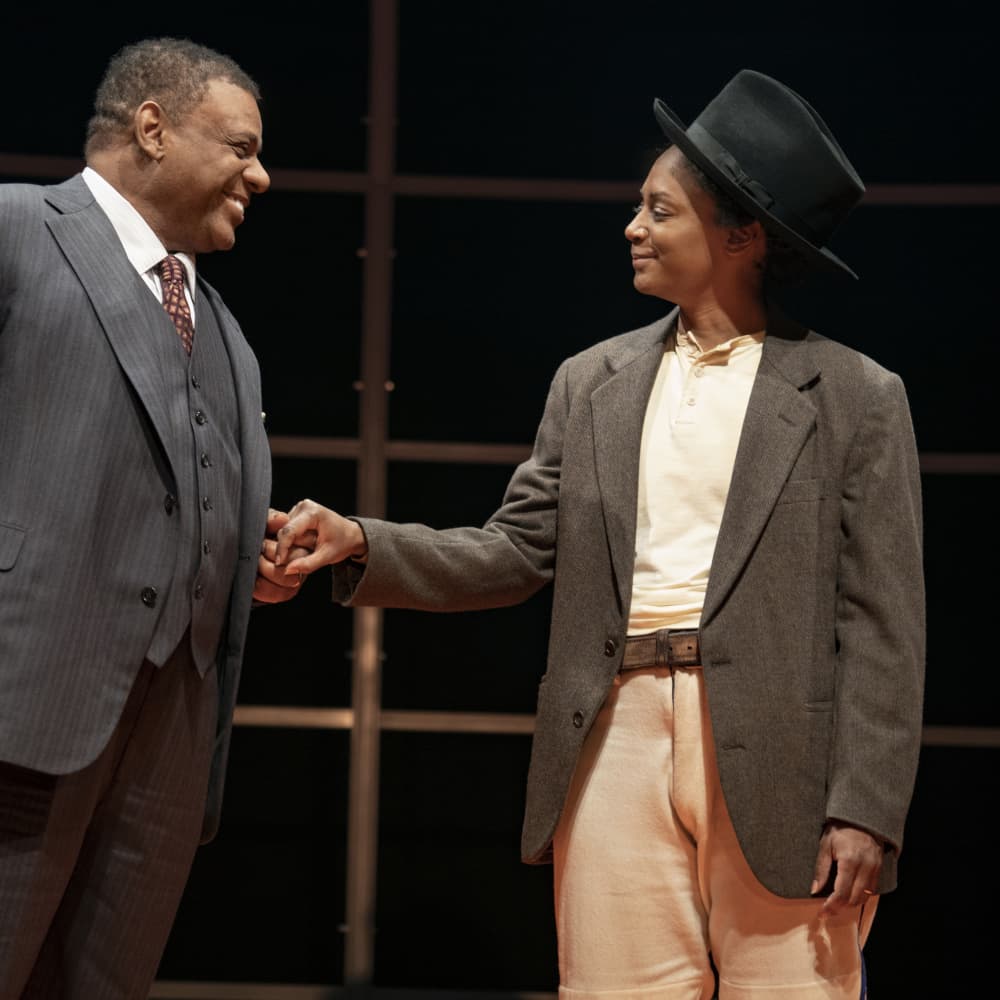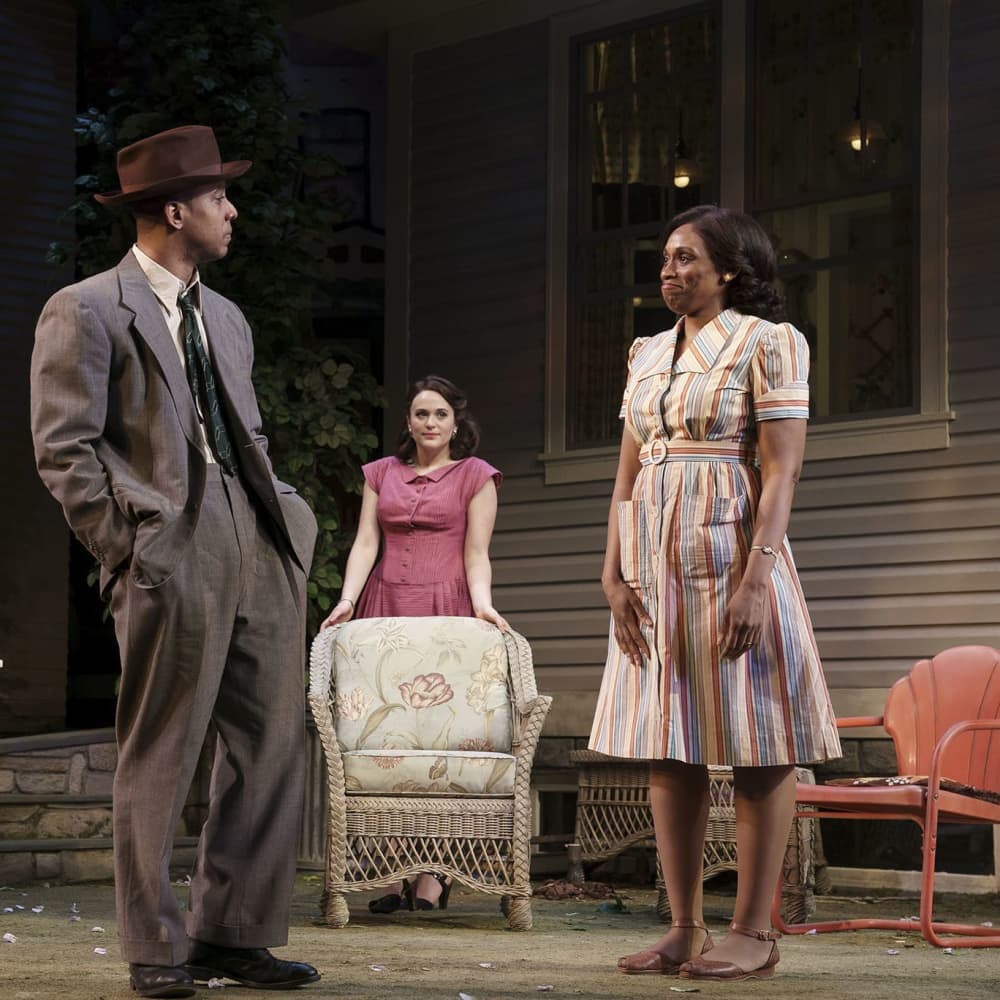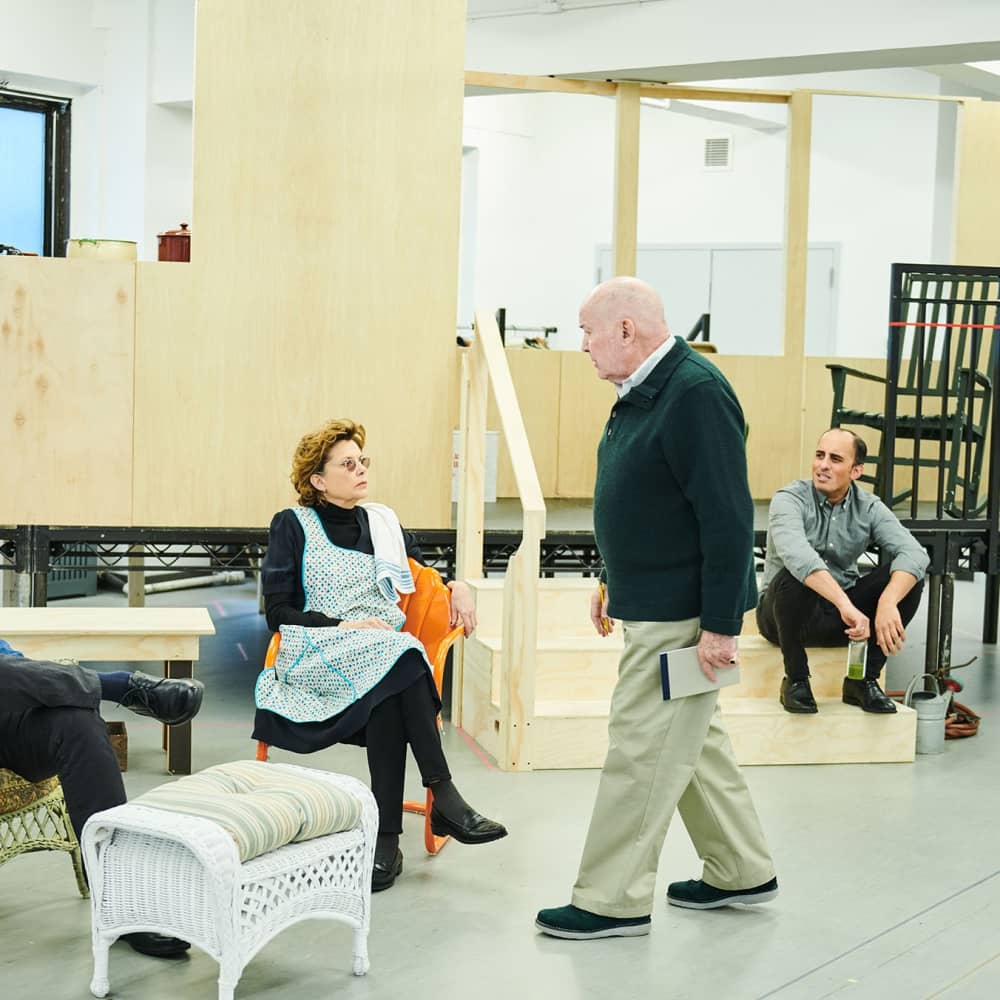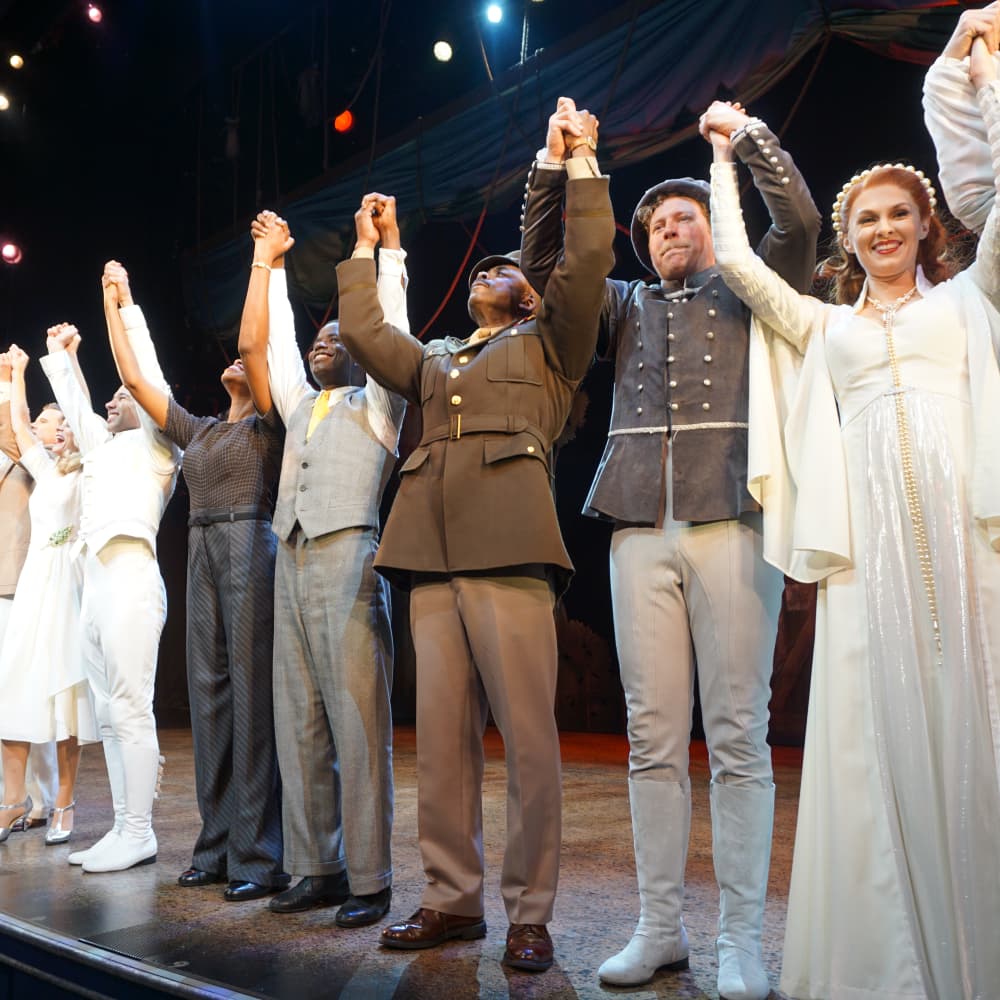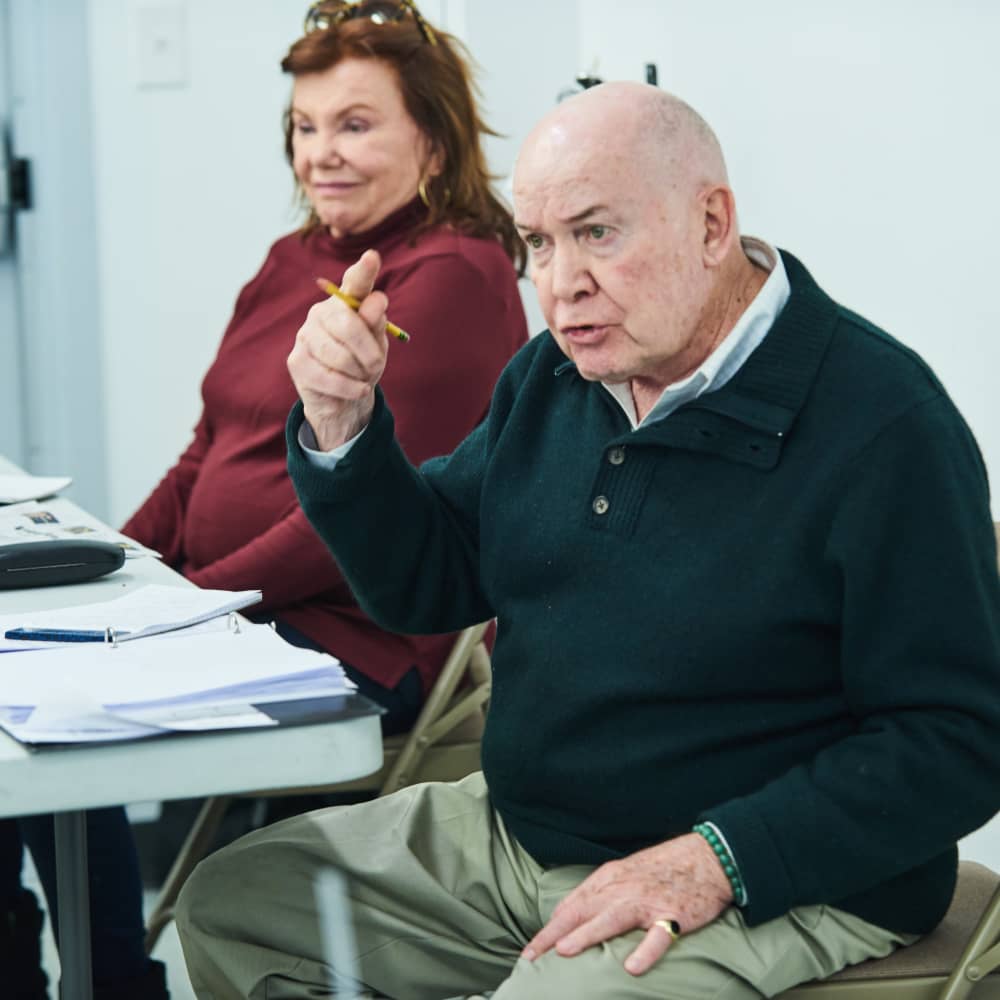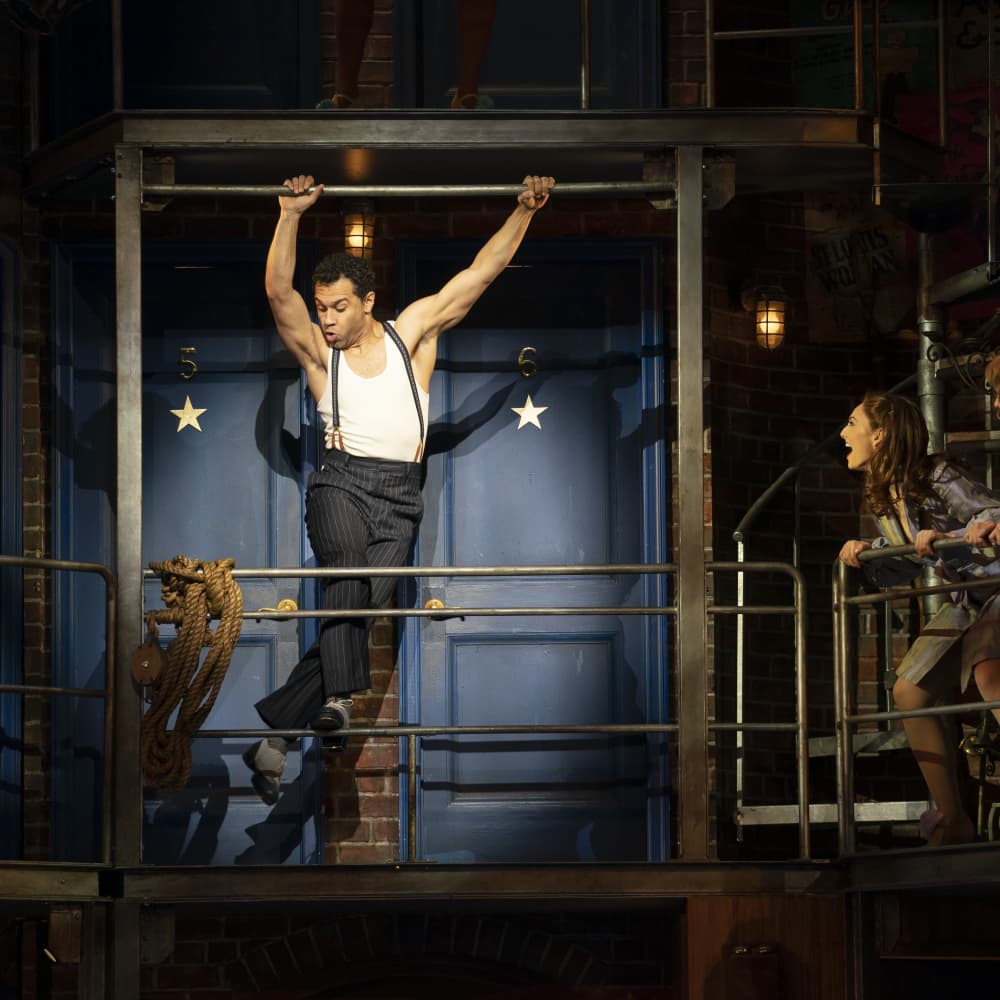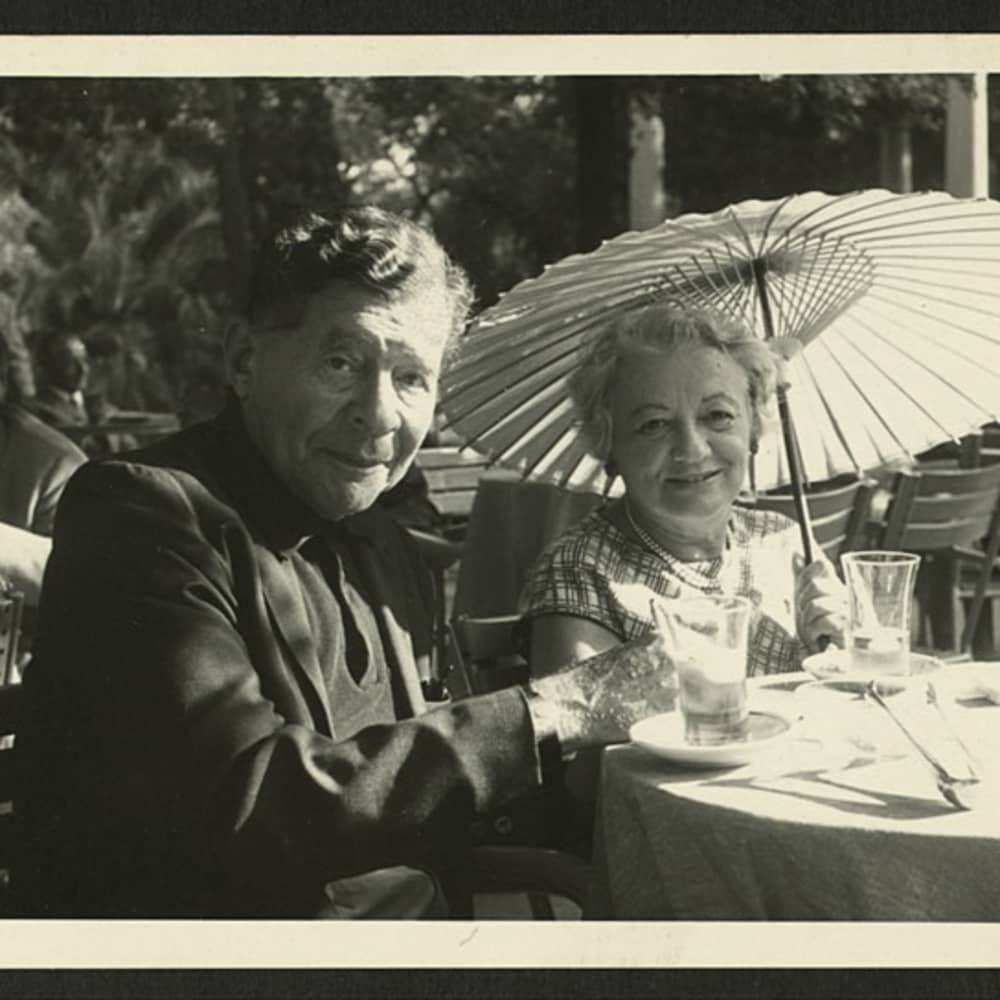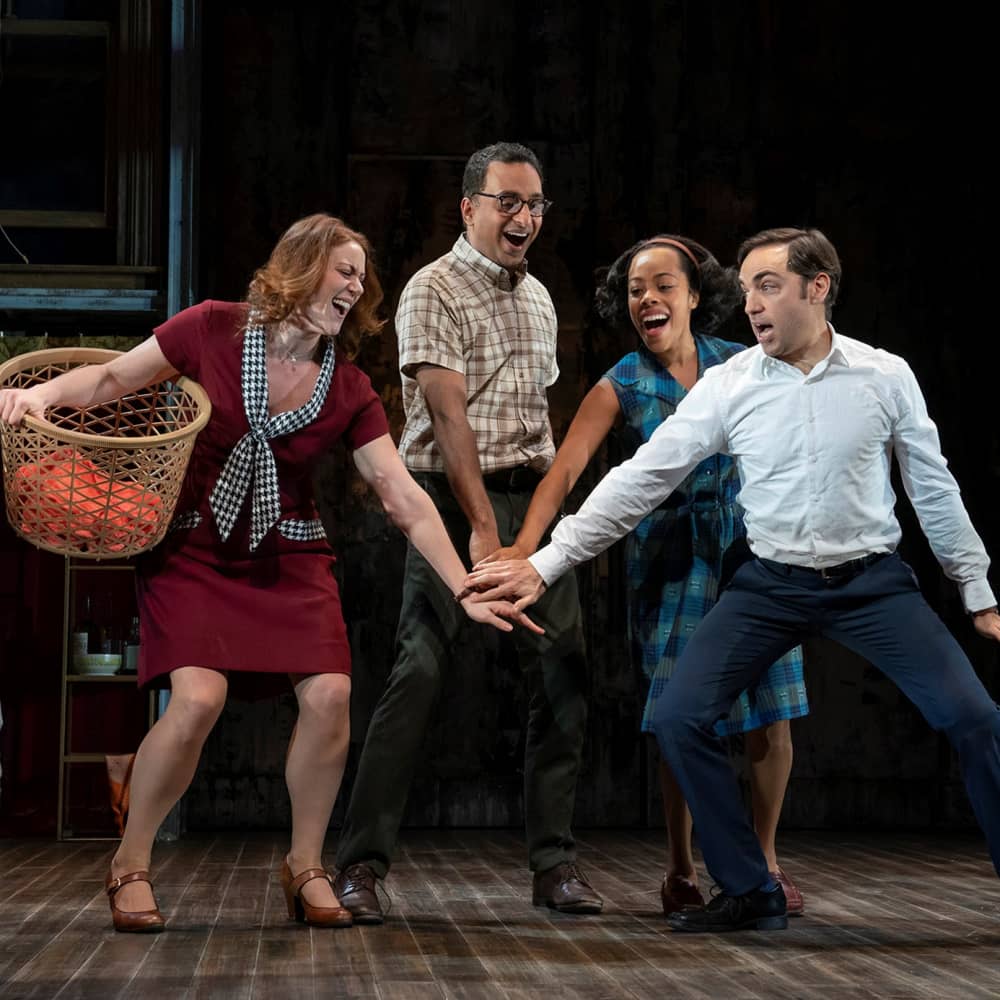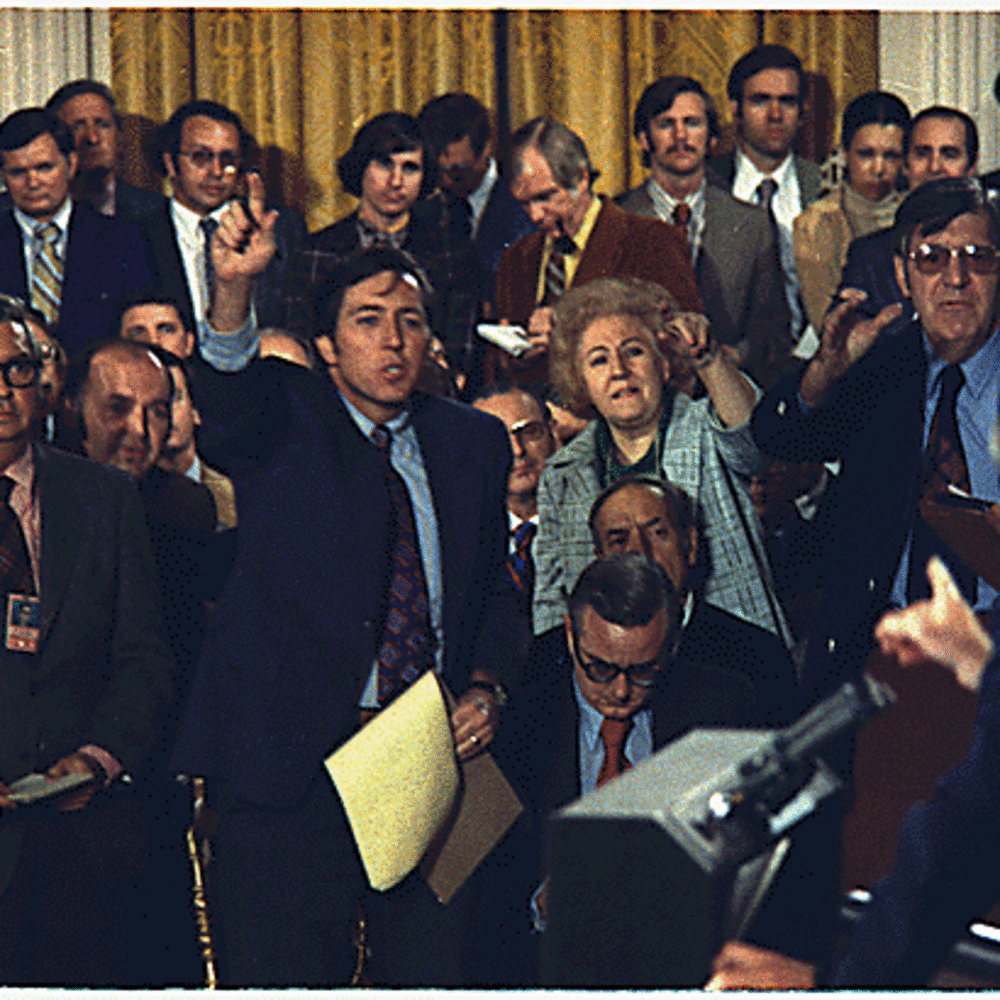Miller's Classical Influences
Posted on: April 16, 2019
During the 1930s—Arthur Miller’s formative years as a young playwright—social realism was popular on American stages, largely due to the the Federal Theatre Project (for whom Miller worked as a staff playwright) and the Group Theatre. Miller was moved to write plays that grappled with contemporary social and economic issues; however, with his breakthrough hit All My Sons (1947), and later in Death of A Salesman (1949), he also used elements of classical theatre, especially Greek tragedy and the plays of Henrik Ibsen. Such influences allow his plays to transcend their specific social milieus, having universal resonance for American and international audiences alike.
Greek Tragedy and the Common Man
“The quality in such plays that does shake us, however, derives from the underlying fear of being displaced, the disaster inherent in being torn away from our chosen image of what or who we are in this world. Among us today this fear is as strong, and perhaps stronger, than it ever was. In fact, it is the common man who knows this fear best.”
— Arthur Miller
In 1949, shortly after the premiere of Death of a Salesman, Arthur Miller wrote an essay called “Tragedy and the Common Man.” He asserted that while the subjects of Greek tragedy were traditionally characters of high societal rank (like Oedipus the King), tragedy could and should address the concerns of the common man. Miller, who had come of age during the Depression, was concerned with the psychological and social conflicts of ordinary people. In the years after World War II, he explored how tragedy could speak to average Americans who were grappling with their place in the world and struggling with self-judgement. Miller’s updated vision of tragedy was secular and social: while the ancients saw their tragic heroes in conflict with the Gods or the forces of Fate, Miller pitted his common-man heroes against societal forces, such as capitalism (in All My Sons and Death of a Salesman) or McCarthyism (in the allegory of The Crucible). Miller’s ability to apply a tragic perspective gave his plays an epic quality. While the Kellers and Deevers of All My Sons may seem like unexceptional, “common” Americans, their tragedy transcends the individual suffering of a single community and connects to the overarching human experience.
Miller's Tragic Heroes
“...the tragic feeling is evoked in us when we are in the presence of a character who is ready to lay down his life, if need be, to secure one thing — his sense of personal dignity.”
— Arthur Miller
Ever since Aristotle set out to describe the rules and conventions of tragedy in his Poetics, the definitions of a tragic hero have been subject to debate. For Aristotle, the tragic flaw (hamartia) was an inherent personality defect that led an otherwise exceptional person to their downfall. Miller was interested in the hero’s “inherent unwillingness to remain passive in the face of what he conceives to be a challenge to his dignity, his image of his rightful status.” Miller’s ordinary heroes lay down their lives to preserve their integrity and fight the oppressive forces in their society. Nevertheless, according to critic Raymond Williams, they are also brought down by aspects of their own personalities. Williams coined the term “liberal tragedy” for the way Miller represented “a man at the height of his powers and the limits of his strength, at once aspiring and being defeated, releasing and destroyed by his own energies.”
Ibsen and Miller
“All My Sons begins very late in its story. Thus, as in Ibsen’s best-known work, a great amount of time is taken up with bringing the past into the present … [it] takes its time with the past, not in deference to Ibsen’s model as I saw it then, but because its theme is the question of actions and consequences, and a way had to be found to throw a long line into the past in order to make that kind of connection viable.”
— Arthur Miller
In addition to the Greeks, Miller was also influenced by Norwegian playwright Henrik Ibsen (1828-1906). Miller studied Ibsen as a college student at the University of Michigan and later wrote his own adaptation of Ibsen’s An Enemy of the People. Ibsen himself took the “well-made play,” which could be seen in meticulously plotted French melodramas and comedies of the 19th century, and infused them with serious questions about social problems of his day. Miller said that he connected with Ibsen not so much from his interest in social issues, but because of Ibsen’s ability to illuminate the playwriting process: “Nothing in his plays exists for itself, not a smart line, not a gesture that can be isolated. It was breath-taking.” All My Sons employs Ibsen’s “retrospective method,” building to the revelation of a fatal secret that occurred long in the past, which shakes the entire family and their community. Like a typical Ibsen play, the action begins with an ordinary domestic scene, into which hints of a long ago crime are introduced, unburied, and finally revealed in a devastating climax.
Arthur Miller's All My Sons is now playing at the American Airlines Theatre through June 23rd. For ticket, visit roundabouttheatre.org.

